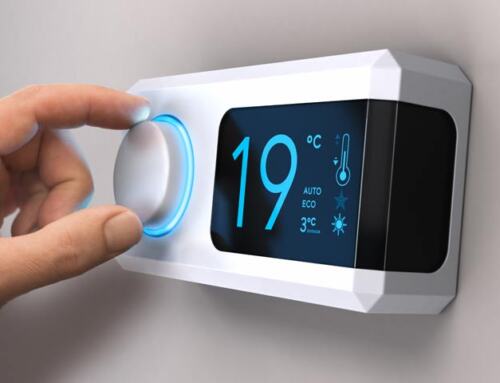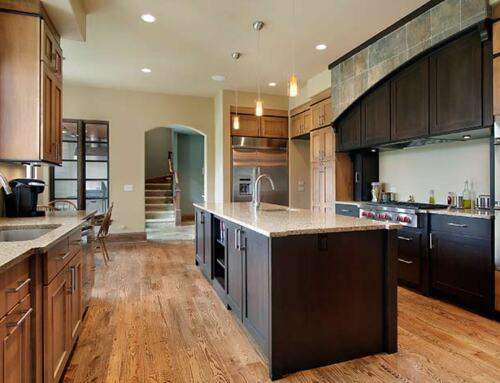Heating systems have come a long way from traditional methods like wood or coal burning stoves. Today, people have several options when it comes to heating their homes, including air source heat pumps, ground source heat pumps, and gas central heating. Each of these options has its own set of pros and cons, and choosing the right one can be a daunting task.
In this article, we will compare the pros and cons of air source heat pumps, ground source heat pumps, and gas central heating.
Air Source Heat Pumps
Air source heat pumps are becoming an increasingly popular option for heating homes. They work by extracting heat from the outside air and transferring it inside the home using a refrigerant. One of the biggest advantages of air source heat pumps is that they are very efficient. They can provide up to three times more heat energy than the electricity they consume. This means that they can help reduce energy bills and lower carbon emissions.
Another advantage of air source heat pumps is that they are easy to install. They do not require any excavation work, unlike ground source heat pumps. They can also be installed in small spaces, making them ideal for smaller homes or apartments. Additionally, air source heat pumps can be used for both heating and cooling, making them a versatile option.
However, air source heat pumps do have some disadvantages. They are not as efficient in extremely cold weather, and may require an additional heating source in these conditions. They can also be noisy, particularly when they are placed outside. Lastly, air source heat pumps require electricity to operate, which may not be ideal in areas with frequent power outages.
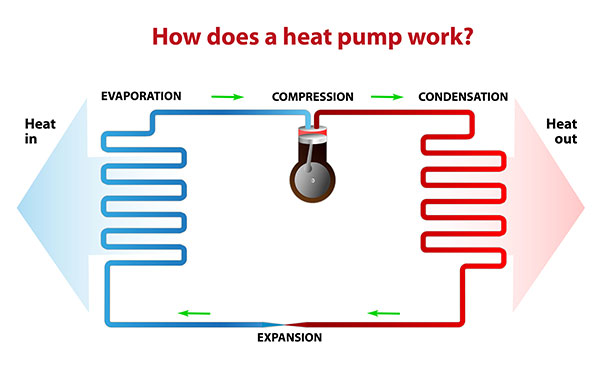
Ground Source Heat Pumps
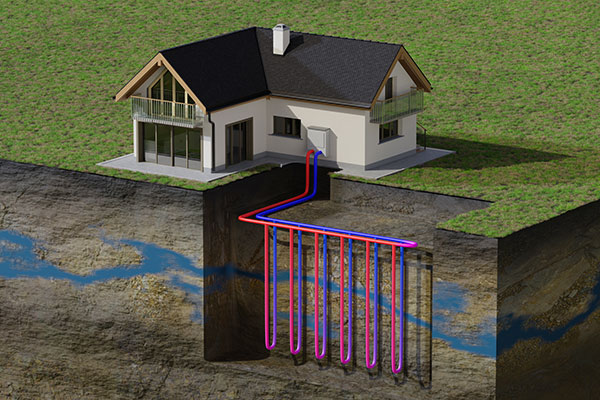
Ground source heat pumps work by extracting heat from the ground, which is then used to heat the home. They are often considered to be the most efficient heating system available, as they can provide up to four times more energy than the electricity they consume. This means that they can help reduce energy bills and lower carbon emissions.
Another advantage of ground source heat pumps is that they are very reliable. They can provide consistent heating even in extremely cold weather, as the temperature of the ground remains relatively constant throughout the year. Additionally, ground source heat pumps do not produce any noise or emit any harmful pollutants, making them an environmentally friendly option.
However, ground source heat pumps do have some disadvantages. They are more expensive to install than air source heat pumps, as they require excavation work. This can also make them unsuitable for properties with limited outdoor space. Additionally, ground source heat pumps can be less efficient if the ground is too cold or too warm, which can happen in extreme weather conditions.
Gas Central Heating
Gas central heating is a popular option for many homeowners, particularly those who live in areas where gas is readily available. Gas boilers work by burning gas to heat water, which is then distributed throughout the home via radiators or underfloor heating. One of the biggest advantages of gas central heating is that it is relatively cheap to install and operate. Gas is also readily available in most areas, which means that it is easy to source.
Another advantage of gas central heating is that it can provide instant heat. Unlike heat pumps, which take some time to warm up, gas central heating can provide warmth almost immediately. Additionally, gas central heating can be used for both heating and hot water, making it a versatile option.
However, gas central heating does have some disadvantages. It is not as efficient as heat pumps, which means that it can be more expensive to run in the long term. Additionally, gas central heating produces carbon emissions, which can contribute to global warming. Lastly, gas central heating requires regular maintenance and servicing, which can be costly.
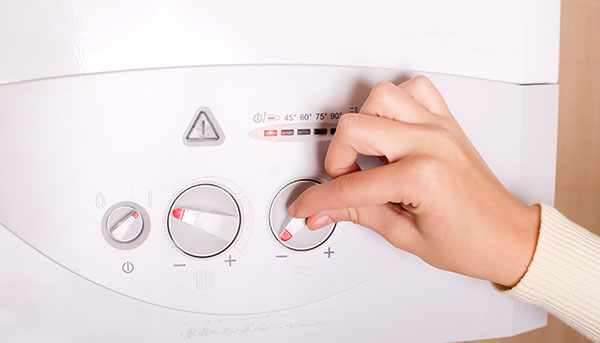
Conclusion
Choosing the right heating system for your home can be a difficult decision. Each option really does have its own set of pros and cons.
If you’d like us to help you choose the perfect heating system for your home, or business, give us a call on 0800 148 82 32.



